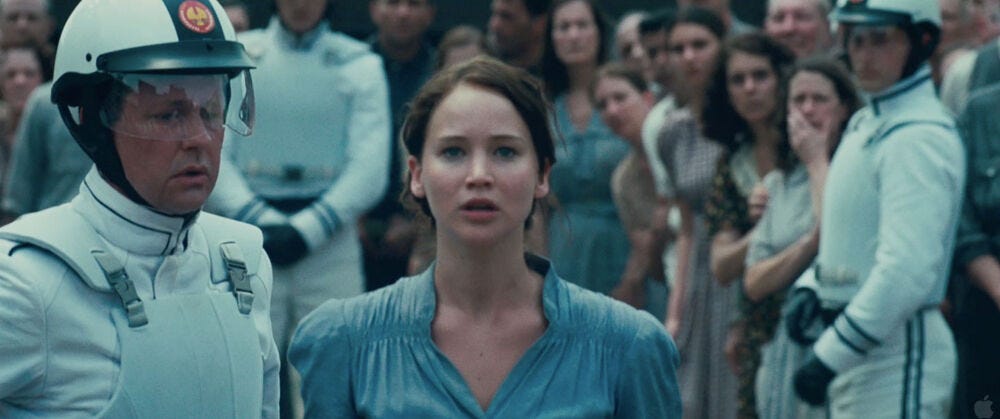When constructing a Story’s Setting (in the name of concreteness, definition, and vivacity of life), always remember that Setting might be a place, but it is also invariably a social world.
I repeat:
Setting is a place, but it is also a social world.
And because Settings are social worlds that means that they are never neutral. All social worlds (and settings), have expectations baked in.
Or to put it more Foucaultian: all social words exert conformative / interpellative pressures on their members — sometimes this social gravity is subtle and nigh-invisible, sometimes it is inescapable or confrontive. This conformative “gravity” is an inescapable fact of how the world works, one that everyone struggles with to one degree or another.
As in life, so in stories.
Therefore, when constructing a Story’s Setting the writer must always consider what that Setting wants from the Protagonists.
If Characters have Wants, Settings should have Wants too.
Characters have Wants for themselves and Settings have Wants for their characters.
These Setting Wants are what I call in my homebrew Demands (got to keep all our terms distinct).


